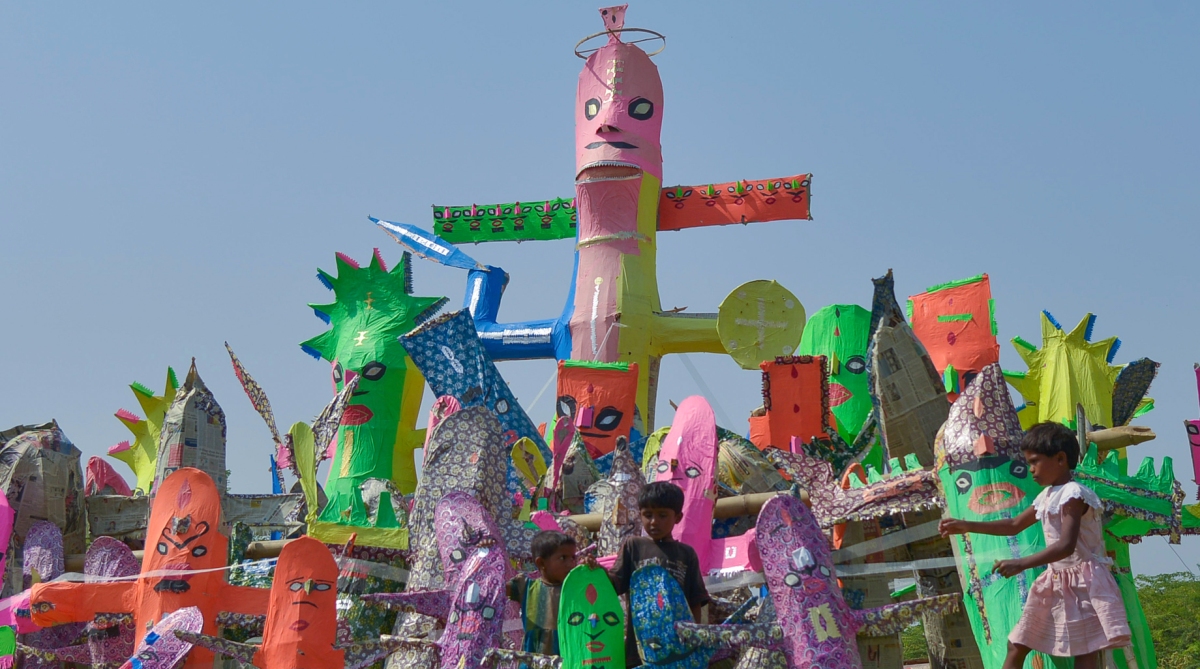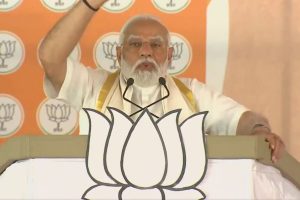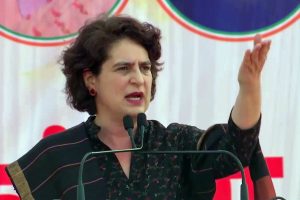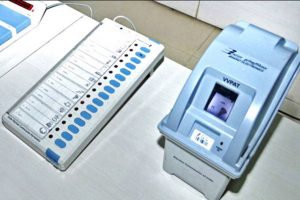Effigies of Ravana will be burned today at various places of the country. Ravana, the mythological demon king of Lanka, is seen by many as the personification of evil, whose crime of abducting Sita led to the downfall of his kingdom and his family.
Every year on Dussehra, effigies of Ravana are set on fire in elaborate ceremonies witnessed by hundreds of people. Hindus believe that Lord Rama killed Ravana on Vijay Dashami, another name for Dussehra. Thus Ravana’s effigies are symbolically destroyed on this day by the devotees in a belief that good always triumphs over evil.
But Hinduism is not a black-and-white religion where there are clear definitions of good and evil. Thus there are many who think that Ravana is not evil, and worship him as a deity. There are places in India where Ravana’s effigy is not burned.
1. Baijnath, Kangra – Uttarakhand
People in Baijnath do not worship Ravana but respect him for his devotion to Lord Shiva. According to Hindu mythology, Ravana was one of the staunchest devotees of Lord Shiva. The locals believe that if they burn the effigy of Ravana, they will face Shiva’s wrath.
Read More: Ancient traditions keep Baijnath residents away from Dussehra celebrations
Locals believe that anyone who takes part in Dussehra festivities involving Ravana’s symbolic burning will die of unnatural death. Stories about families who faced such consequences for celebrating Dussehra have strengthened the myth.
2. Mandsaur – Madhya Pradesh
Ramayana identifies Mandsaur as the paternal home of Ravana’s wife Mandodari. The people in the city consider Ravana as their son-in-law. It is because of this reason that Ravana’s effigy is not burned in Mandsaur, especially in the old city area. Besides, many in this city see Ravana as a learned scholar whose talents were far greater than the evil in him.
Located at the Malwa region of Madhya Pradesh, Mandsaur also has a 35-foot tall statue of Ravana.
3. Bisrakh – Uttar Pradesh
Located just 30 kilometres from New Delhi, Bisrakh is a small village where the people take pride in calling Ravana their own. According to local beliefs, Ravana, the son of sage Vishrava and daitya princess Kaikeshi, was born in Bisrakh. The people hail Ravana as the “Maha-Brahman”. On the nine days leading to Dussehra, people in Bisrakh mourn Ravana and pray for eternal peace for his soul.
In fact, some claim that the village was named after sage Vishrava who discovered a Swayambhu (self manifested) Shiva Linga at the site.
4. Paraswadi, Gadchiroli – Maharashtra
Paraswadi is a village of less than 300 people from Gond tribe. The people of this village worship Ravana as a god. Gond people call themselves “Ravanwanshis” (descendants of Ravana) and refuse to identify themselves as Hindus. The people of this village believe that Ravana was a Gond king who was killed by “Aryan invaders”. According to their beliefs, Valmiki Ramayana does not depict Ravana as a villain and it was Tulsidas Ramayana which made Ravana appear devilish.
5. Mandore, Jodhpur – Rajasthan
According to some legends, Mandore is where Mandodari married Ravana. The ceremony, locals believe, was performed in Ravan Ki Chanwari at Mandore. Thus some local Brahmins, particularly Maudgils, consider Ravana as a son-in-law. It is because of this reason that the Lankan king’s effigy is not burned here and Dussehra is not celebrated the way it is in rest of India.
Priests of the Ravan Ki Chanwari temple perform shraadh and Pind daan as per Hindu rituals for Ravan.
6. Kanpur – Uttar Pradesh
A Shiva temple in Kanpur’s Shivala also has a temple dedicated to Ravana. On the occasion of Dussehra, the Dashanan temple gates are opened to devotees who pray for purity of mind and soul by worshipping Ravana. To the devotees, Ravana is not a demon king but a deity whose knowledge, brilliance, intelligence and benevolence were unparalleled.
7. Kakinada, Andhra Pradesh
The Ravana temple in this coastal city is basically dedicated to Lord Shiva – of whom Ravana was a devotee. A gigantic Shivling mural adorns a part of the temple. Legend goes that the temple has been constructed on a site which was chosen by Ravana himself. Thus many in this beautiful Andhra town do not burn the effigy of Ravana.
8. Ravangram, Vidisha – Madhya Pradesh
Located 50 kilometres from Vidisha, this village is named after Ravana and boasts of a devout following of Ravana worshippers. On Dussehra, the people in the village pray for the peace of Ravana’s soul and do not burn his effigy. People worship a 10-feet-long reclining statue of the Lankan king in a temple that dates back to centuries and is believed to have been constructed by Kanyakubja Brahmins – the Brahmin sect Ravana was a member of.
According to locals, applying oil on the navel of the idol of Ravana is auspicious and pleases the Lankan king who died after an arrow struck him in the navel.











